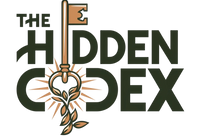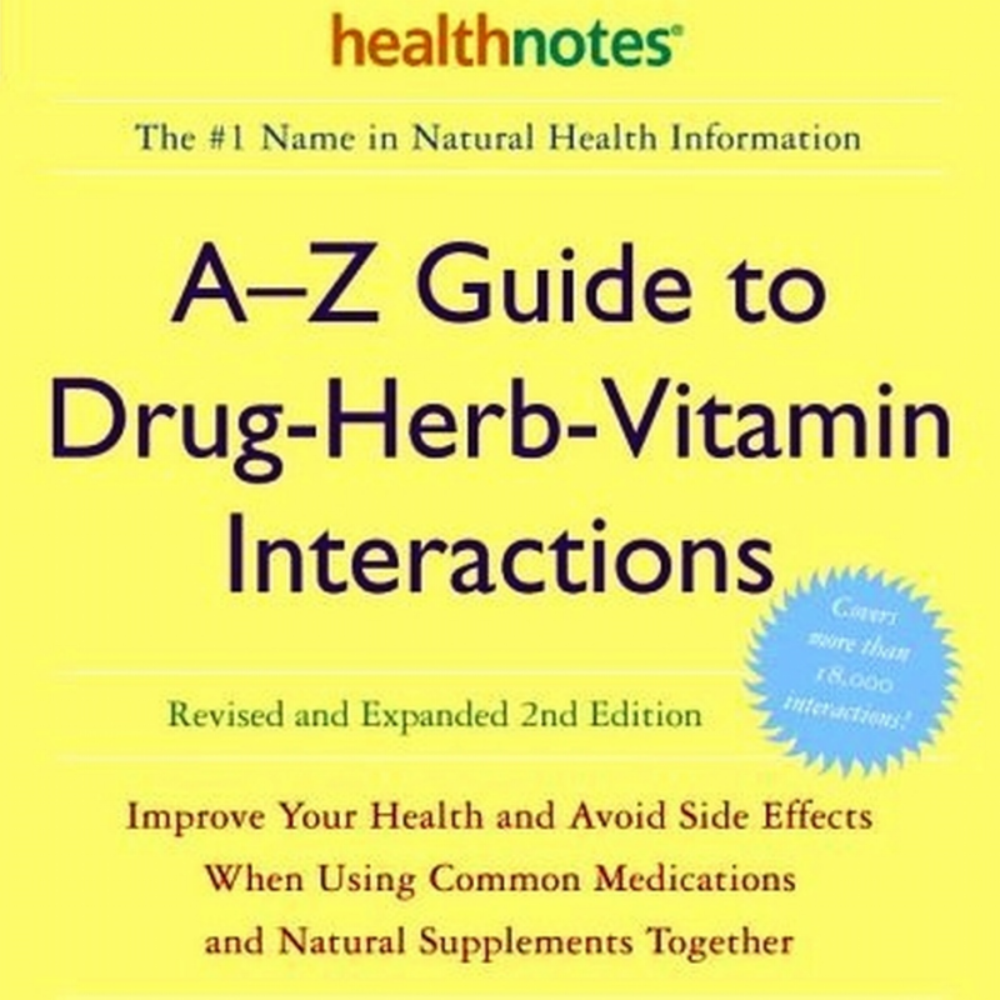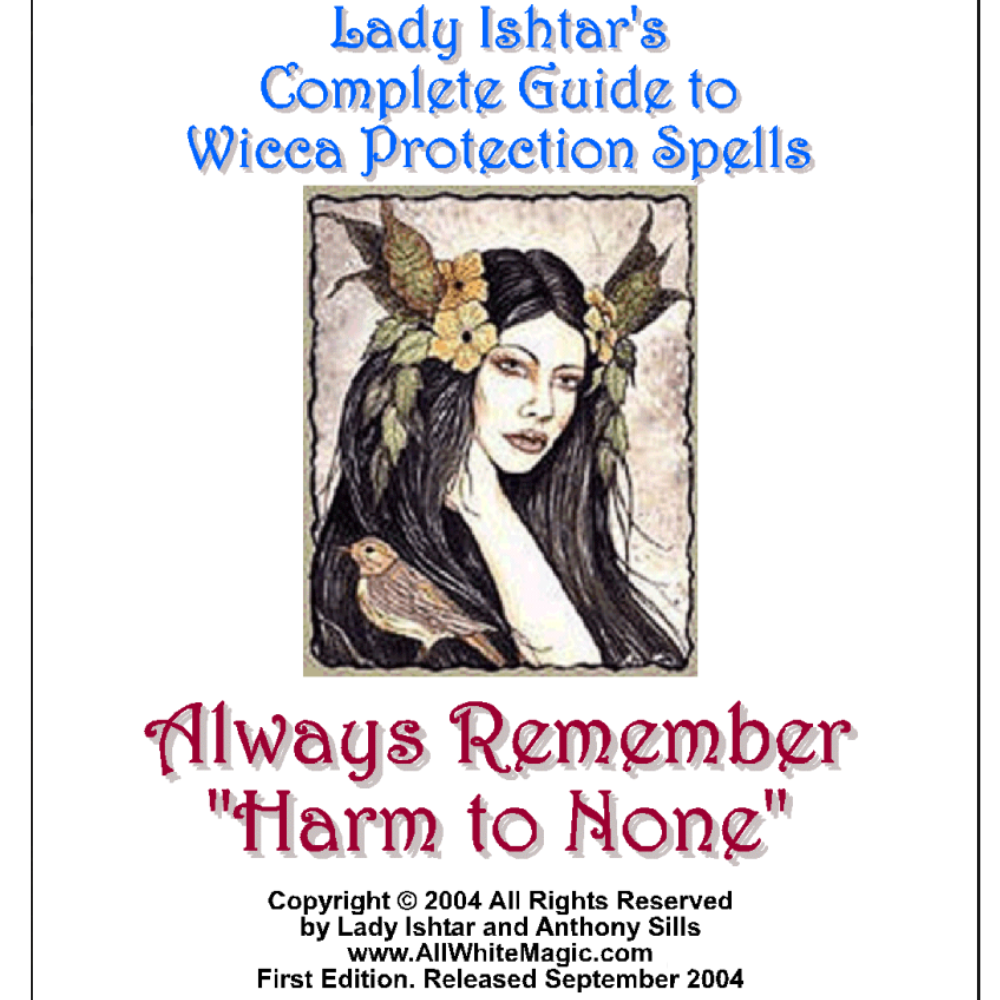Introduction
Milton became entirely blind in 1652, just a short while before the death of his first wife, Mary Powell Milton—followed six weeks later by the death of their infant son, John. He married again in 1656. In 1658, Katharine Woodcock Milton died of complications arising from childbirth, again followed about six weeks later by the death of their infant daughter, Katharine.
The political cause to which Milton had devoted two decades of his life suffered a resounding defeat with Charles II’s ascent to the throne in 1660. Through this time of loss and reversal, Milton kept busy on various prose projects, including his theological treatise Christian Doctrine, a Latin Thesaurus, and his History of Britain. He translated a group of Psalms in 1653 and wrote the occasional sonnet.
Then, probably before the Restoration, he shook off potential depression, concentrated his powers, and began composing the greatest long poem in the English language. “His great works,” Samuel Johnson declared, “were performed under discountenance, and in blindness, but difficulties vanished at his touch; he was born for whatever is arduous” (Thorpe 88).
Though Edward Phillips did not mention these dates in his life of Milton, he told John Aubrey that the poem was begun “about two years before the king came in, and finished about three years after the king’s restoration” (lxvi). Although Milton associated literary creativity with the temperate Mediterranean climate that had nurtured Homer and Vergil, he himself composed Paradise Lost only during the winter—from the autumnal to the vernal equinox.
Various secretaries copied it down. Milton’s habit was to rise early in the morning with “ten, twenty, or thirty verses” (Darbishire 73) ready for dictation. If his amanuensis happened to be late, he had a little joke ready and “would complain, saying he wanted to be milked” (Darbishire 33).



